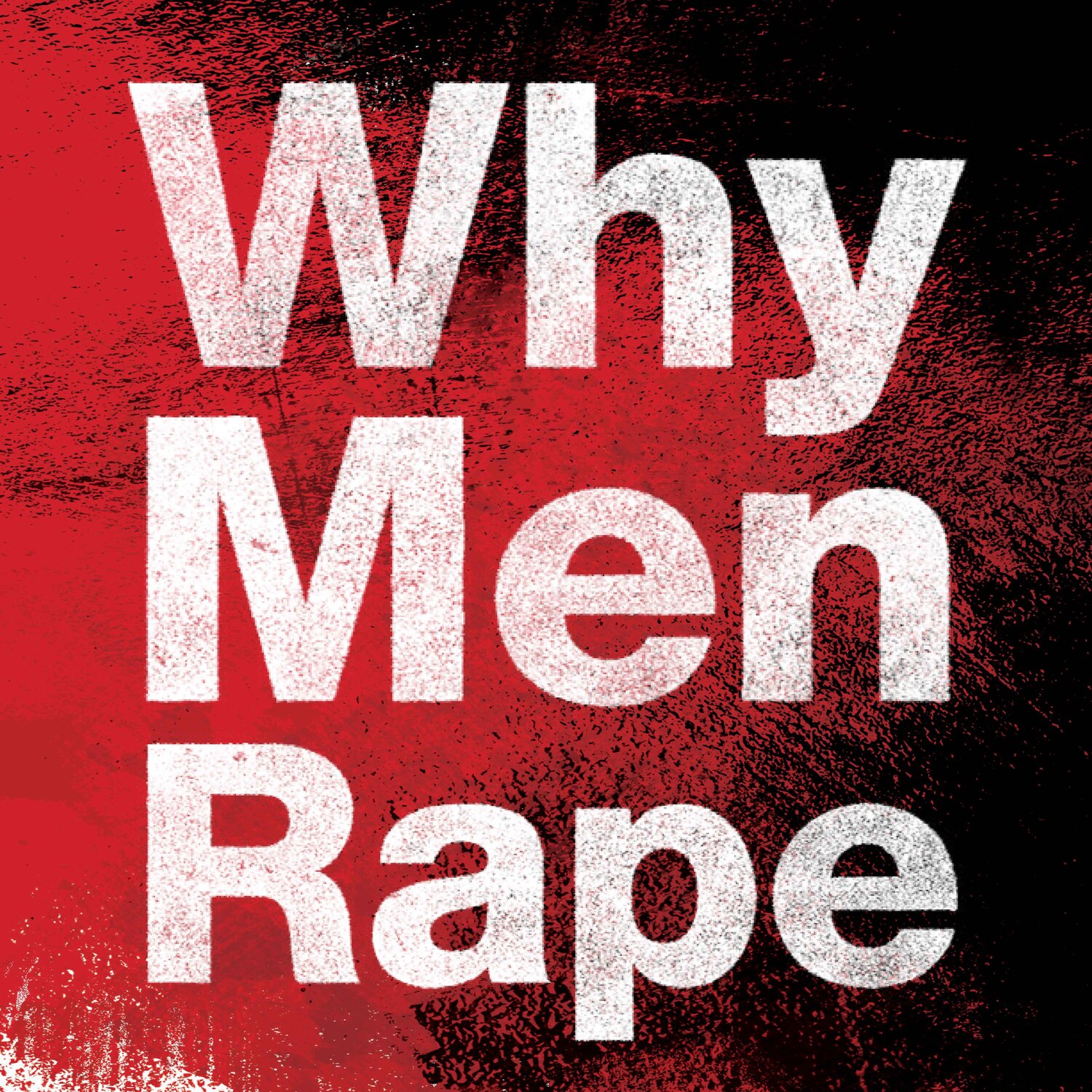No, you’re not a better feminist than your friend/ sister/ boss. Feminism is about a sisterhood, so let’s build each other up instead of pulling each other down.
By Priyanka Sutaria & Sowmya BR
Who is a feminist?
Is it the woman who rejects marriage as a patriarchal institution?
Is it the woman to keeps her surname after marriage?
Is it the woman who works to support her family?
Is it the woman who puts her maid’s daughter through college?
News flash: They all are.
Here’s the thing.
Feminism isn’t a one-size-fits-all. Many of our mothers took their husband’s names -- cue, gasp! -- and were financially dependent on them, but they also lived their lives in a manner that took the movement ahead. We all know mothers who studied after marriage and were probably the first women in their families to become financially independent. We know colleagues who live with their in-laws while living full, independent lives.
My mom is one such mother. Despite the usual ‘trappings’ of patriarchy -- has her husband’s surname, doesn’t work outside the home -- she supports my long-term (and openly sexual) relationship publicly in a conservative small town. That makes her a feminist.
My maid works five houses a day, but tells her husband she works at three so that she can save up the surplus money for her children’s education. She is a feminist.
My friend had a religious wedding ceremony to please the family despite understanding its sexist implications, but is in a happy, deeply egalitarian marriage. She is a feminist.
And yet, often, their decisions are labelled patriarchal bargains.
They are not. A patriarchal bargain is climbing on other women’s backs to obtain power in a man’s world. These women are NOT by any stretch of the imagination, ‘lesser’ feminists. Freedom of expression and CHOICE is as much necessary within the feminist community as it is in the larger world.
Increasingly, it seems like women in the movement are dedicating time criticising each other and deriding one another’s choices, instead of building each other up.
For instance, Savarna feminists persistently condemn avarna feminists for choosing to wear mangalsutras and burkhas.
It’s myopic to see a mangalsutra and deride a woman as a lost cause, without context. Yes, she may be wearing one. But she may also be waging (and winning) a battle with her family to train as a pilot. Isn’t that a feminist victory?
Understand this: Oppression has many forms. As women, we know this all too well. But then, so does rebellion, equality, freedom and happiness -- all that feminism is about. Every woman is fighting her own battle. And if she has to make adjustments while she does so be it. Wearing sindoor doesn’t make one woman a bad feminist just as much as fighting for equal pay doesn’t make another a great feminist. This is real life, and we’re all looking for a way to stay happy while we demand equality and freedom. And you know what? That’s ok.
What we must do, is discuss. Read up. Encourage each other to think. Question EVERYTHING. The mangalsutra. The curfew we have that our brothers don’t. The morality that supposedly resides in our vagina that doesn’t, in our boyfriend’s. The mangalsutra. The new surname. The emphasis should be on understanding that sometimes, we will get co-opted into these patriarchal projects for reasons beyond our control. But that doesn’t mean we endorse them. In fact, we’re fighting them every step of the way. Expecting yourself (or anyone else) to do battle all at once is neither practical nor possible. Rome wasn’t born in a day, after all.
Our feminist friends at Genderlog India understand this, and asked women to share their struggles of being feminists while doing decidedly un-feminist things, because, well, that’s life.
So there you have it. There is no ‘perfect’ feminist. The world is not unidimensional, and in a world where just being a woman is a disadvantage, the additional intersections of race, caste, class and sexuality further complicate matters for us. Often, to survive, we have to make sacrifices and concessions. We all need to tailor our own individual feminisms. And we need to support all our sisters while they do so too.







